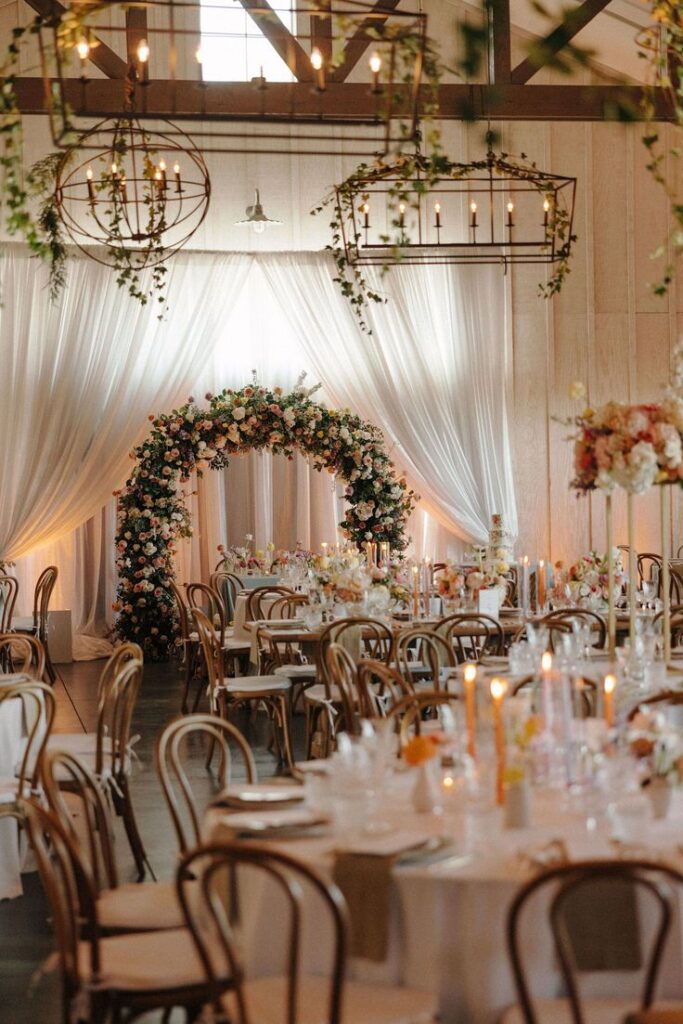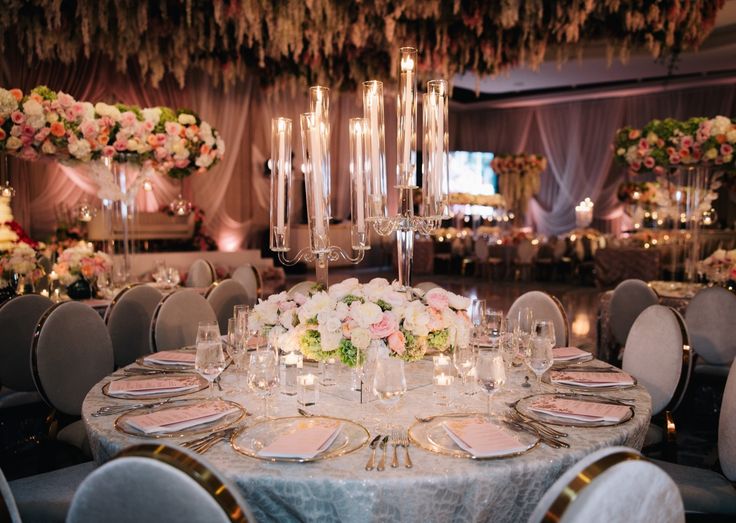Being an event planner is a rewarding yet challenging career that involves coordinating a variety of occasions, including weddings and corporate gatherings to festivals and parties. The role requires creativity, organization, and exceptional communication skills to bring clients’ visions to life. In this comprehensive guide, we’ll explore what it takes to become a successful event planner, including essential skills, practical tips, and industry insights.
Understanding the Role of an Event Planner
An event planner is responsible for managing all aspects of event, from the start to the end. This includes venue selection, budgeting, vendor coordination, and on-site management. The goal is to create a seamless and memorable experience for attendees while meeting the client’s objectives.
Key Skills for Event Planners
To excel as an event planner, certain skills are indispensable :
Organizational Skills: It’s important to manage many tasks, deadlines, and details. Being organized helps ensure all parts of the event are taken care of.
Communication Skills: Talking effectively with clients, suppliers, and team members is vital. This involves negotiating, organizing logistics, and solving problems.
Creativity: Creating unique and appealing events is important. An event planner should be innovative and bring new ideas.
Problem-Solving Skills: Issues can happen during events, so being able to solve problems quickly and effectively is crucial for keeping the event running smoothly.
Attention to Detail: Even small details can affect the event’s experience. An event planner must be thorough to avoid missing anything.
Steps to Becoming an Event Planner
If you’re considering a career as an event planner, here are the steps you need to take:
Education and Training : While a degree in event management is helpful, it’s not always necessary. You can gain experience from fields like marketing or business. Certifications and courses can boost your skills.
Gain Experience : Get practical experience by volunteering or working with companies to improve your skills and build a portfolio.
Build a Portfolio: Showcase your work by including photos, testimonials, and event details.
Network : Attend events, join organizations, and connect with other planners for opportunities and ideas.
Start Your Business : Use your experience and contacts to start a business by creating a business plan and marketing your services.
Types of Events an Event Planner Can Handle
They can manage different kinds of events like:
- Weddings: This involves organizing where the event will be, who to work with, and making sure everything runs smoothly to make the wedding memorable for the couple.
- Corporate Events: This could be anything from meetings, to launching new products or company gatherings, all aiming to support the company’s goals while maintaining professionalism.
- Social Events: Events for birthdays, anniversaries, and other personal happenings are in this category, with the main aim of providing guests a good time.
- Festivals and Concerts: These are big events that need a lot of planning and organizing, ensuring they are successful and enjoyable.
- Non-Profit Events: These are events like fundraisers or charity events that often have a cause, need to work within a budget, and require organizing volunteers.

Tips for Planning Events Successfully:
Here are some key tips to help you succeed in event planning:
- Understand Your Client’s Vision : Make sure you fully understand what your client wants from the event by asking lots of questions. Ensure you agree on everything before moving forward.
- Create a Detailed Plan: Plan thoroughly, covering everything from schedules to budgets and who will do what. This plan is your guide.
- Stay Flexible: Event planning can change quickly, so be ready to adjust and stay positive when facing unexpected issues.
- Develop Good Relationships : Work closely with reliable vendors and clearly communicate what you expect from them.
- Use Technology: Tools like event planning software can make your job easier by helping with organizing tasks, budgets, and communication.
- Pay Attention to Details: From the decorations to the list of guests, remember the small things can greatly affect the event.
- Evaluate and Learn: After each event, think about what worked well and what could have been better. Use this feedback to improve your planning and skills.
The Future of Event Planning
The event planning industry is continually evolving, with new trends and technologies shaping the way events are organized and executed. Here are some trends to watch:
Virtual and Hybrid Events: The rise of virtual and hybrid events has transformed the industry. Event planners need to be adept at organizing online events and integrating virtual elements into physical events.
Sustainability: There is a growing emphasis on sustainability in event planning. This includes using eco-friendly materials, reducing waste, and incorporating sustainable practices.
Personalization: Personalized experiences are becoming increasingly important. Event planners are using data and technology to create tailored experiences for attendees.
Health and Safety: Post-pandemic, health and safety have become top priorities. Event planners must stay informed about safety protocols and ensure their events comply with regulations.
Experience-Driven Events: Creating immersive and interactive experiences is a key trend. This includes incorporating elements like virtual reality, interactive displays, and experiential marketing.
Conclusion
Becoming a successful event planner requires a blend of creativity, organization, and strong interpersonal skills. By understanding the role, developing essential skills, and staying adaptable to industry trends, you can create memorable and impactful events. Whether you specialize in weddings, corporate events, or festivals, the key to success lies in your ability to bring your client’s vision to life and create experiences that resonate. Embrace the challenges, continue learning, and enjoy the rewarding journey of being an event planner.








